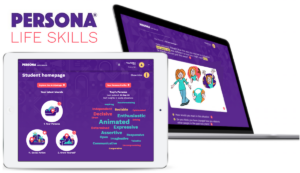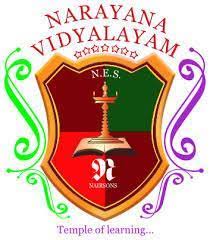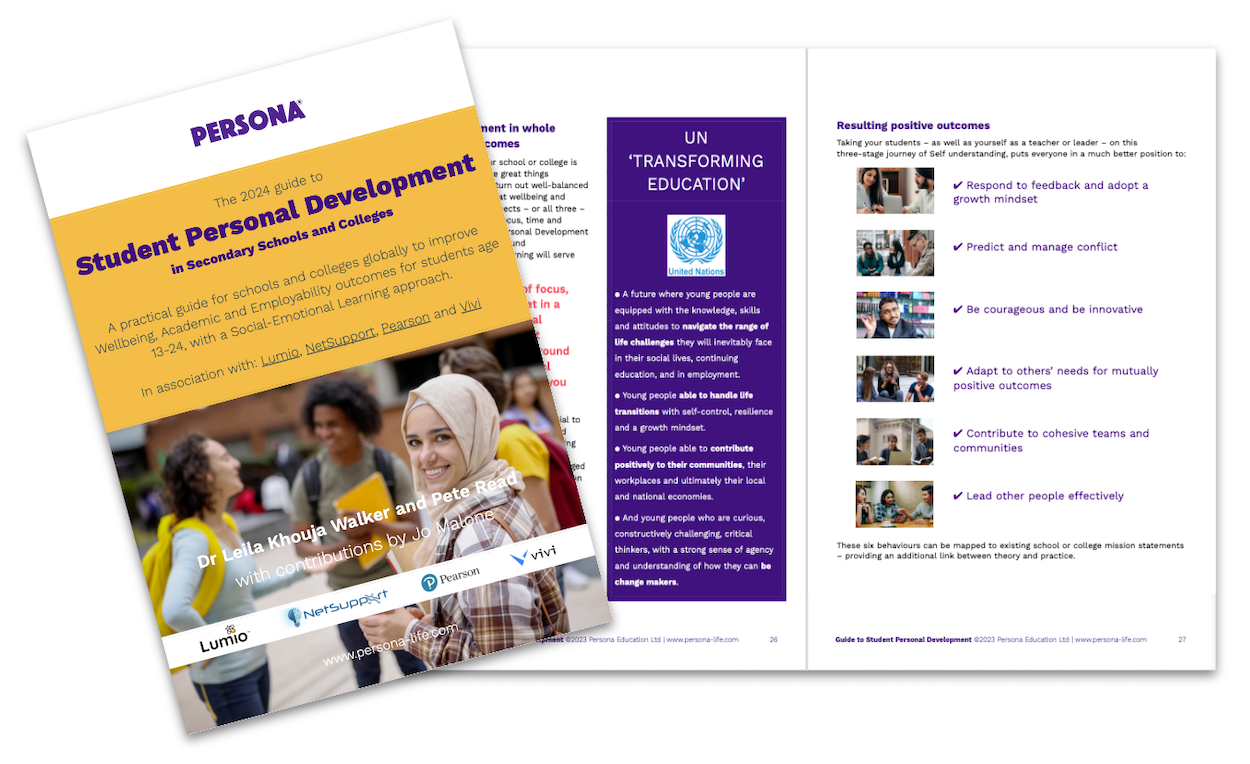Education in India – what’s needed for students to flourish?

Behind India’s National Education Policy 2020, lies the larger questions around the purpose of education in India. What the authors of this long-term vision appear to have landed on makes for a radical shift in educational philosophy, and perhaps a return to fundamental ancient Indian values in education.
15-May-22
By Jo Malone, Director of Education, and Pushpa Gopal, India Country Manager
Radical change is afoot in India's education
It is no secret that education in India has been, for decades, focused on rote learning, memorising facts – knowledge-rich, skills-poor, and teacher directed. There are various reasons for this model, which we won’t go into here. But for sure, practicalities like classes of 50-plus students, inadequate teacher training and legacy pedagogy from the colonial period all play a part.
It is encouraging that there are now both formal policies and educational grassroots movements in India calling for radical change, so that education will better serve learners, teachers, communities and the state.
According to the National Education Policy (NEP):
The purpose of the education system is to develop good human beings capable of rational thought and action, possessing compassion and empathy, courage and resilience, scientific temper and creative imagination, with sound ethical moorings and values.
The Indian government acknowledges that for continued economic growth it must change both what children are taught and how they are taught. Much of the preamble to the NEP focuses on what is needed for India to continue its ascent on the global stage, recognising that:
The world is undergoing rapid changes in the knowledge landscape. With various dramatic scientific and technological advances, such as the rise of big data, machine learning, and artificial intelligence, many unskilled jobs worldwide may be taken over by machines, while the need for a skilled workforce... will be increasingly in greater demand.

The Indian government is serious about these changes, doubling investment in education from roughly 3% to 6% GDP. It really does want to position itself as a skills beacon in the future, by up-skilling the labour force, focusing on lifelong learning, harnessing more talent from largely untapped groups such as women and minority communities, and focusing on skills and attitudes such as growth mindset, learning to learn, resilience, communication and critical thinking.
The NEP pays homage to ancient scholars including Aryabhatta, Bhaskaracharya, Chanakya, Charaka, Panini and Patanjali. Value-based education will include the development of humanistic, ethical, constitutional and universal human values of:
- Truth
- Peace
- Compassion
- Non-violence
- Scientific temper
- Citizenship
- Core life skills
Community service programs will be considered an integral part of this holistic education. All of this is rooted in what is seen as a "guiding light" for the policy:
The rich heritage of ancient and eternal Indian knowledge and thought... The pursuit of knowledge (Jnan), wisdom (Pragyaa), and truth (Satya) was always considered in Indian thought and philosophy as the highest human goal. The aim of education in ancient India was not just the acquisition of knowledge as preparation for life in this world, or life beyond schooling, but for the complete realisation and liberation of the self.
The urgent need to include Social-Emotional Learning (SEL) in the school curriculum is reinforced by numerous studies, including Pratham’s Annual Status of Education Report (ASER) 2019: Early Years. One of the conclusions of this large-scale research including children from rural communities is that:
The ability to identify their own as well as others' emotions and perspectives, establish and maintain relationships, and take responsible decisions are important skills for all human beings. Helping young children develop these skills early gives them important tools for the future.
From policy to practice in Indian education
This is the tricky part!
It’s all well and good to have these grand ideas, but how do these then translate into visionary system change and have an impact on what actually happens in the classroom? Educational change is notoriously slow. The NEP has given itself a 20 year window for these changes.

But the shift in mindset alone, from one of constant testing, the emphasis on facts, and direct instruction to one which gives the learner more agency and choice, assesses progress differently and is more skills focused is HUGE. And who must make this shift in mindset? Parents, School owners and leaders, teachers and the students themselves. There are those who are already on board with the shift: Business and industry leaders worried about the capabilities of their future workforce.
A comprehensive curriculum that incorporates SEL activities with clear outcomes and systematic evaluation is critical to embedding it in the system. Although concepts like self-regulation and conflict resolution appear in the learning outcomes prescribed by the National Council of Educational Research and Training (NCERT), SEL finds no mention in the curriculum from the primary grades.
But the case for SEL is one that needs to be made, and actions to implement it should not be delayed. India is not alone facing these challenges. The world over, education systems are pivoting to place more emphasis on social-emotional skills development – partly in reaction to pressure from business and industry.
School leaders and classroom teachers need resources that will impact on the personal development and skills improvement of the whole child.
Online tools to support pedagogical change
School leaders, owners and leading practitioners should look towards existing evidence-based tools to support their curriculum design and up-skilling for new pedagogical approaches. Social-emotional learning and life skills programmes, increasingly available online, are a great starting place.

Persona Education has developed one such programme to help meet this imperative: Persona Life Skills offers a scaffolded, age-appropriate and culturally sensitive online social-emotional learning curriculum for Grade 8-12 (Year 9-13). The platform is built around a unique personality insights framework designed for young people. Through the programme, students develop 22 social-emotional skills that map to the NEP, ICSE, CBSE, iGCSE and the IB Learner Profile, among other frameworks.
Made for students age 13-19, the student wellbeing and employability platform is 100% web-based, designed to work equally well in lessons or tutor groups, or via blended or remote online learning. You do not need to be an expert in edtech to be able to make good use of this resource – it is very intuitive, with built-in teacher onboarding and guidance. As the teacher you remain in control of the curriculum and have tools to track your pupils’ progress, and – crucially – their life skills acquisition. This can be done for individual students, classes/groups, or across an entire grade, or the whole school.
Persona Life Skills in India
Persona Life Skills launched in India in September 2021 and very quickly was adopted by school groups and individual schools across the country. We are now working with 37 educational institutions and training providers across 12 states, supporting over 5,000 learners.
And the platform is meeting the needs of schools, teachers and students when it comes to SEL: 96% of Indian students report that in the platform they have learnt how to improve the targeted life skills.
Teachers and school leaders are well supported not only through the built-in resources in the platform – which include videos, reference documents and pop-up guidance in the learning modules – but also by the highly responsive UK based tech support team, and Persona Education’s customer success staff located in Chennai and New Delhi.

One school senior leader in Nagpur, Maharashtra, describes the Persona Life Skills platform as:
"An easy, communicative, self focused, non-assessed, interesting, comprehensive and effective platform for self directed improvement, without the fear of any kind of labelling."
– Sumathi Venugopalan, Chief Academic Advisor, Narayana Vidyalayam
She goes on to say that she has found the behaviour of her students using Persona Life Skills is improving, as they learn how to better self-regulate.
Persona Education offers free access to its Persona Life Skills e-learning platform for secondary schools and colleges interested in developing their pupils’ social-emotional life skills, to boost wellbeing and employability.
About the authors:
Jo Malone is a global education expert, with over two decades experience in teaching, e-learning, dialogic education and teacher training. A social and emotional learning (SEL) and PSHE thought-leader, she is Director of Education at the Bristol based edtech company Persona Education Ltd, providing onboarding, guidance and support for schools and colleges using the Persona Life Skills online social-emotional learning platform.
Pushpa Gopal is an education expert and consultant who has trained many educators, teachers and academic leaders across India, both in the government sector and the private sector. She is certified for Online Teacher Training by the British Council. Pushpa leads Persona Education's work in India, hosting regular online sessions to familiarise schools and colleges with the benefits of social-emotional learning, personality insights and the Persona Life Skills online learning platform.




